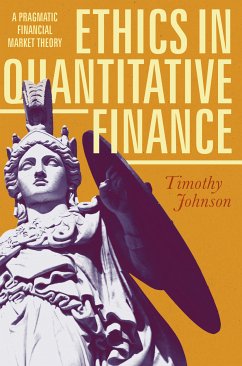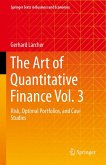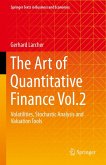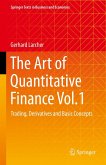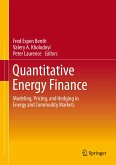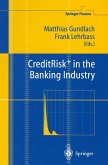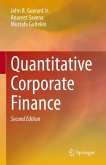Written in three sections; section one examines the co-evolution of finance and mathematics in an ethical context by focusing on three periods: pre-Socratic Greece, Western Europe in the thirteenth century and North-western Europe in the seventeenth century to demonstrate how the historical development of markets and finance were critical in the development of European ideas of science and democracy. Section two interprets the evidence presented in section one to provide examples of the norms reciprocity, sincerity and charity and introduce the pragmatic theory. Section three uses the pragmatic theory to interpret recent financial crises, address emergent phenomena and relate the theory to alternative contemporary theories of markets.
Presenting a unique synthesis of mathematical and behavioural approaches to finance this book provides explicit ethical guidance that will be of interest to academics and practitioners alike.
Dieser Download kann aus rechtlichen Gründen nur mit Rechnungsadresse in A, B, BG, CY, CZ, D, DK, EW, E, FIN, F, GR, HR, H, IRL, I, LT, L, LR, M, NL, PL, P, R, S, SLO, SK ausgeliefert werden.

